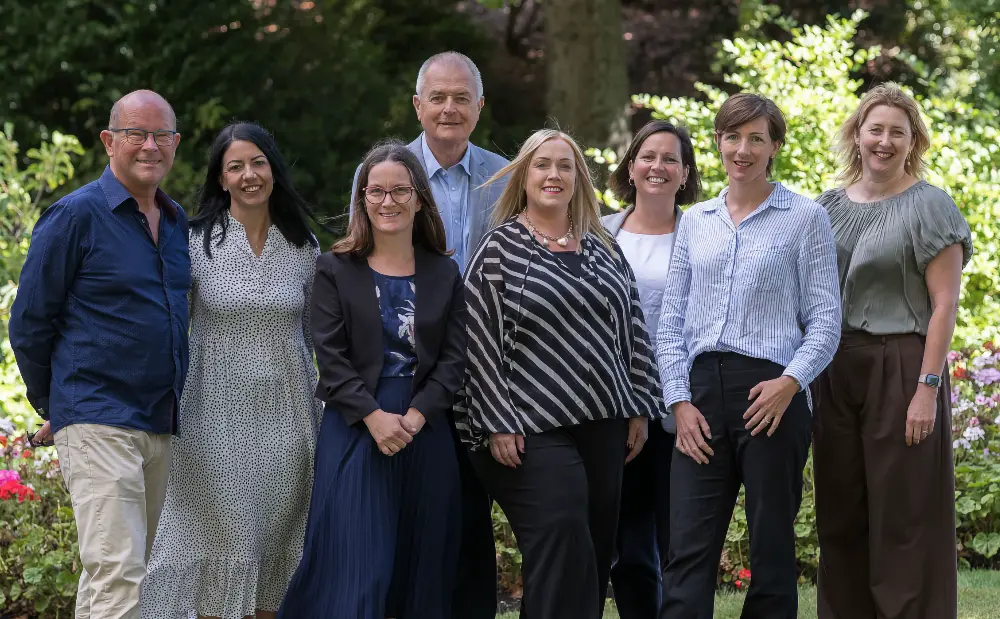As financial planners, part of our job is helping protect you from risk. That doesn’t just mean the usual things like insurance or market movements — it also means helping you avoid the legal and financial fallout that can come from relationship property issues. One of the most common traps we see is misunderstanding what actually counts as a de facto relationship and when it becomes subject to equal sharing under the law.
A lot of people assume that if they don’t share a common residence they’re in the clear. But that’s not always the case. In New Zealand, a couple is considered to be in a de facto relationship when they live together as a couple. Living together as a couple can look different for everyone.
The law looks at the whole picture, including how long you’ve been together, whether you live at the same address (or frequently stay at each other’s homes), whether you share finances or property, support each other emotionally or practically, help raise children and how others see your relationship. You don’t need to tick every box. The Court takes a flexible approach based on the overall picture of how you live your lives.
Once a de facto relationship has lasted three years or more, it becomes a qualifying relationship under the Property (Relationships) Act 1976. That’s where the presumption of equal sharing applies, unless you have a formal agreement in place. Relationship Property can include your home (even if only one of you owns it), your income, KiwiSaver, savings, cars, shares, or any property or assets you’ve bought during the relationship. It also includes the increase in value of one partner’s separate property if the other partner helped contribute to that increase.
We spoke with Greta from Atkinson Crehan Law with offices in Richmond, Nelson, and Motueka. She told us it’s surprisingly common for people to be caught off guard by this. Her advice is clear: don’t wait for a relationship to end to find out where you stand. While the three-year mark is often a key threshold for de facto relationships under the law, obligations can arise much earlier in some situations, especially where there have been significant financial or non-financial contributions. It’s important to get clarity earlier on.
There are simple steps you can take such as formal agreements to clarify who owns what, but the key is to act early. Whether you’re trying to protect your assets, plan for the future, or just get clarity, talking to a legal professional can save you stress and financial loss down the track.
We’re always here to help you manage risk, and that includes helping you connect with trusted experts like Greta. If you think this might apply to you, or you’re just not sure, get in touch with Atkinson Crehan directly on 03 543 8600, or reach out to your trusted legal professional.
Our final words of advice: Whatever you do, don’t leave it for later. This is one of those times where doing nothing could cost you everything.

© 2024 Castle Trust Financial planning. All Rights Reserved. Disclosure information. Privacy Statement.